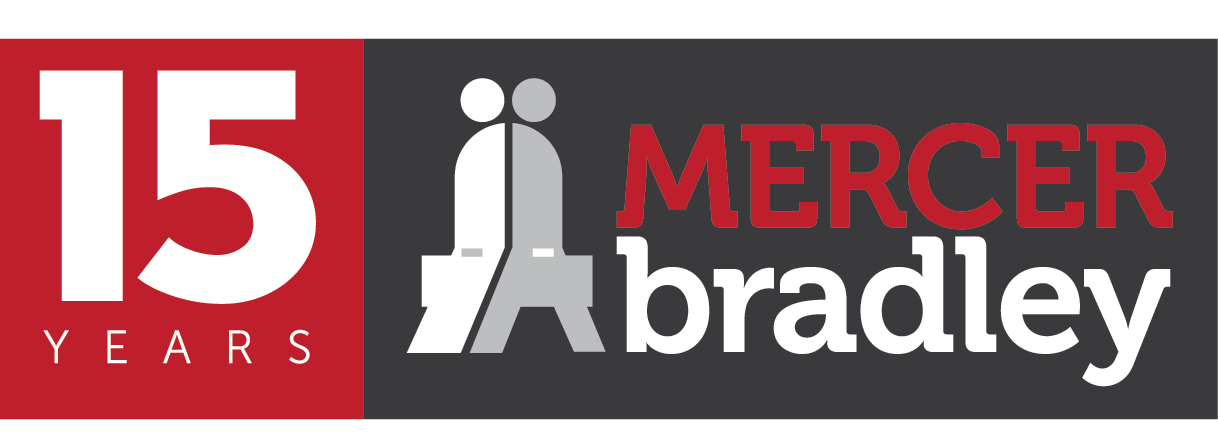As an accountant, you work with confidential information and sensitive data daily. Since the numbers can affect bonuses and stock prices, you might face ethical issues in your activities. These issues can include conflicts of interest, confidentiality issues, or fraudulent activities. When faced with these dilemmas, you need to make the right choices to appropriately handle each situation. Here are five ethical pitfalls you may face in your accounting career.
How Does Ethics Impact the Accounting Profession?
Being Pressured to Manipulate Figures
If things aren’t going well for your employer, they might pressure you into manipulating the figures. Keep in mind that you have a clear ethical and legal obligation to accurately report a financial situation. Failing to do so can open you up to civil or criminal liability. This can stop your accounting career forever. Although you may fear losing your job if you don’t comply, avoid giving in to your employer.
Intentionally Omitting Information
If certain information may cast doubt over a company’s financial stability, you might be tempted to leave it out of financial reports. Although this may feel easier than manipulating the numbers, it’s still wrong. The business owner needs accurate financial information to effectively run the company. Investors who buy into the company need an accurate assessment of the risks involved. You can be held liable for deliberately withholding information.
Not Protecting Confidentiality
Since you spend a significant amount of time working with private information, you may want to inappropriately use it. For instance, you may be encouraged to use confidential information to take advantage of an expected growth or drop in company stock. In any case, failing to protect private information or using it for personal gain is unethical and illegal. Avoid engaging in those behaviors.
Recognizing Conflicts of Interest
An especially tricky area to identify problems is with conflicts of interest. For instance, if your senior accounting staff are awarded bonuses based on company stock price, they have a reason to make business decisions that typically result in higher stock prices. These decisions may not be in the company’s or investors’ best interest long-term. Thinking about conflicts of interest can lessen the chances of related problems coming up down the road.
Blowing the Whistle
It can be challenging knowing when to blow the whistle on a company or division that’s manipulating or misstating its numbers. If your information builds a strong enough case, the company significantly may lose value or fail. This would hurt coworkers, the owner and investors. You could face intimidation and backlash or gain a reputation as a troublemaker. All of this can affect your accounting career. However, it’s best to take the moral high road.
Find Your Next Accounting Position in Western Canada
Find your next accounting job in Manitoba through Mercer Bradley. Our experienced recruiters match you with employers who fit your needs and interests. See which jobs are open today!





Leave a Reply